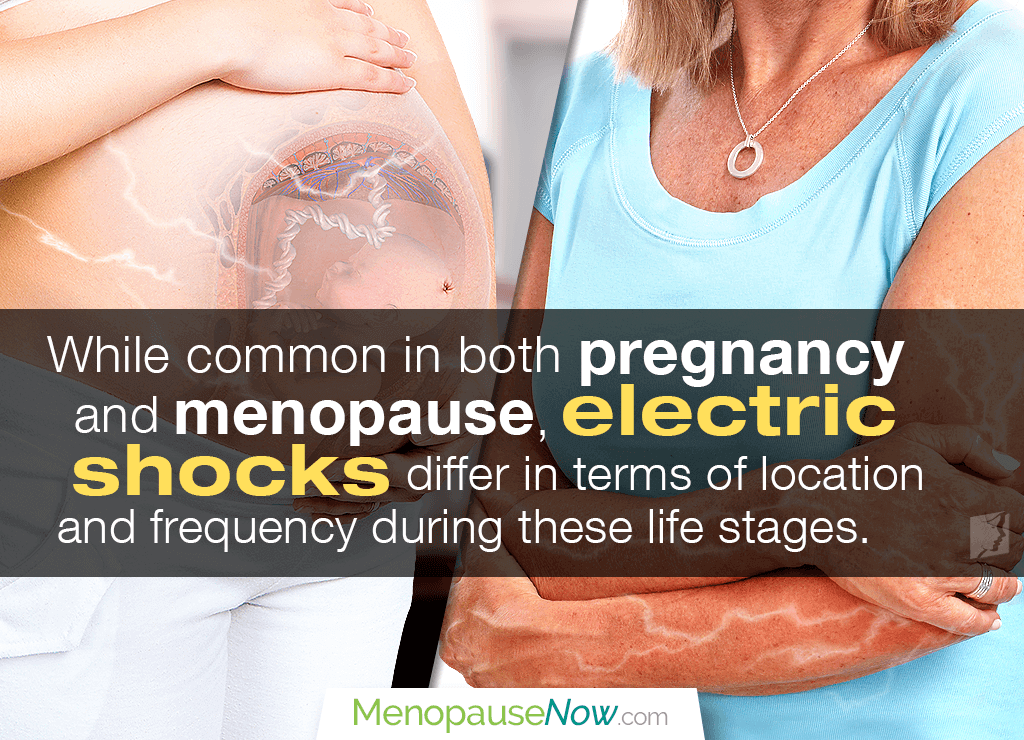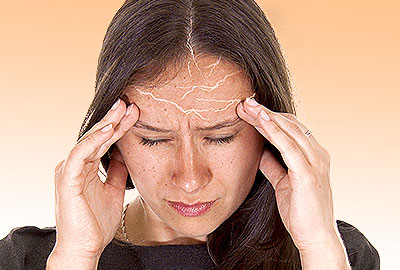A frequently unexpected symptom, electric shocks are symptomatic of two significant stages of women's lives: pregnancy and menopause. Nevertheless, their causes, locations, and frequencies are often distinct. Find out the differences between electric shocks during pregnancy and menopause here so that you can be that much more informed about your reproductive health.
Causes of the Electric Shocks
While both have hormonal fluctuations as an underlying culprit, there are other factors that could be behind electric shocks in pregnancy and menopause, including, but not limited to:
- Vitamin B12 deficiency
- Neurological disorders
- Back problems
Specifically during pregnancy, uterine stretching from the growing fetus may put excessive pressure on surrounding muscles and ligaments, further contributing to the unpleasant, jolt-like sensations.
Location of the Sensation
Pregnancy
Electric shocks in pregnancy tend to occur around the areas of greatest stress, mainly in the abdomen and uterus, as babies directly press on a nerve or step down on the pelvis or cervix.
Though this may differ between women, many report the feeling to occur deeper within the body, as opposed to superficially or right underneath the skin.
Menopause
On the other hand, menopausal women tend to report feeling electric shock sensations in their extremities, namely the arms, hands, legs, and feet, as well as their head.
Unlike electric shocks in pregnancy, they are often felt close to the surface of the skin, whether prickling or in surges.
Frequency of Occurrence
Pregnancy
The number of times that women experience electric shocks during pregnancy varies, but sensations are mostly limited to or worsened during the second or third trimesters of gestation as ligaments stretch, and the baby prepares for passage through the birth canal.
Menopause
During menopause, it is less clear when electric shocks will be felt. These jolt-like sensations are often reported immediately before a hot flash, but more research needs to be done on the topic to be fully understood.
Conclusions
No matter what stage of life a woman finds herself in, electric shocks don't have to interfere with her normal routine or alter her quality of life. For menopausal women, by ensuing a balanced diet, regular exercise, and natural herbal supplements, they can encourage optimal endocrine health for ultimate symptom relief. Click on the following link to learn more about electric shock sensation treatments to make this bothersome symptom a distant memory.
Sources
- American Pregnancy Association. (n.d.). Round Ligament Pain | Sharp Pain During Pregnancy. Retrieved November 6, 2019, from https://americanpregnancy.org/pregnancy-health/round-ligament-pain-during-pregnancy/ | https://americanpregnancy.org/pregnancy-complications/sharp-pain-pregnancy/
- Simpson, K.R. & Bredesen, D.E. (2006). The Perimenopause & Menopause Workbook. California: New Harbinger Publications. Available from Google Books.




